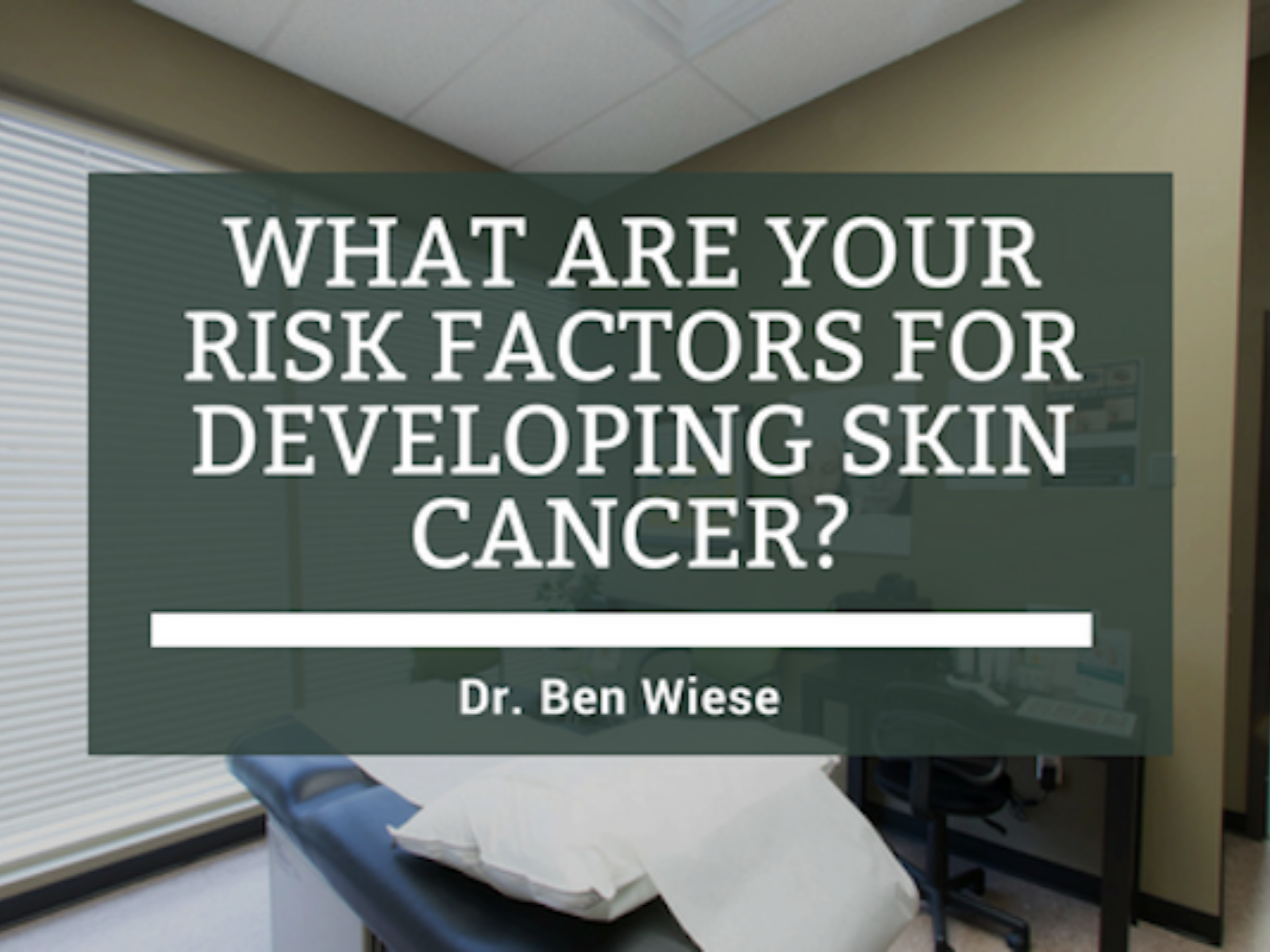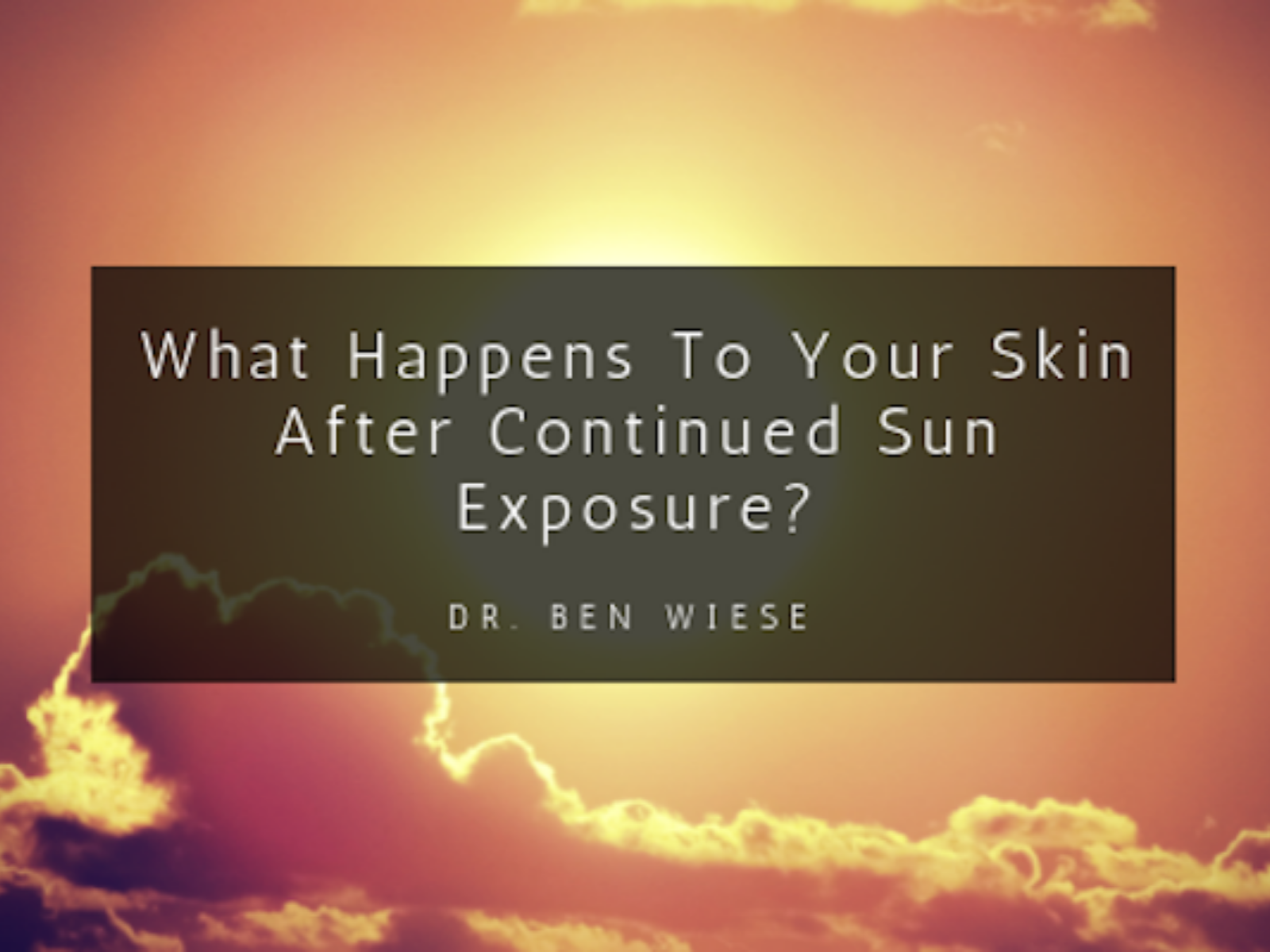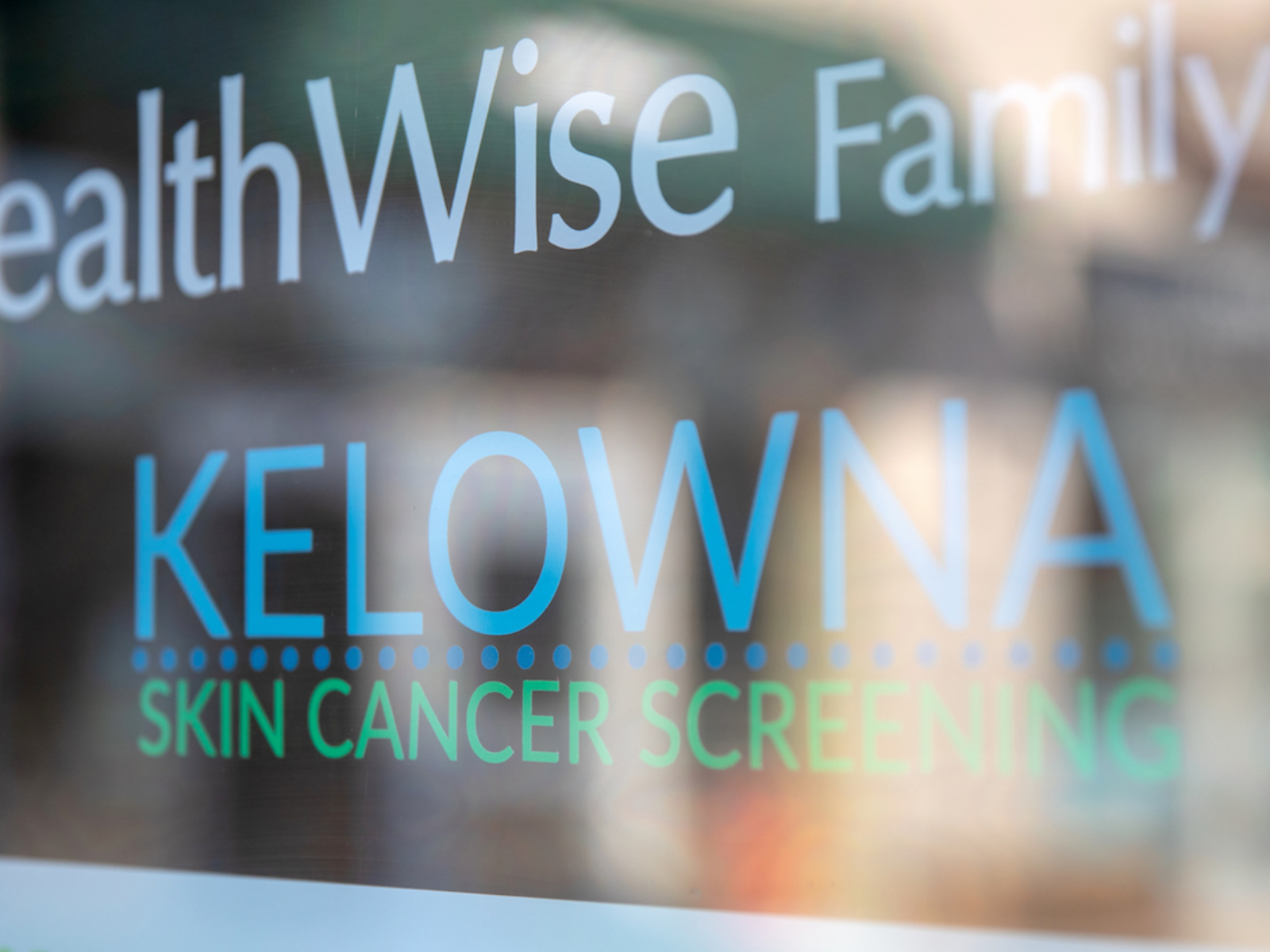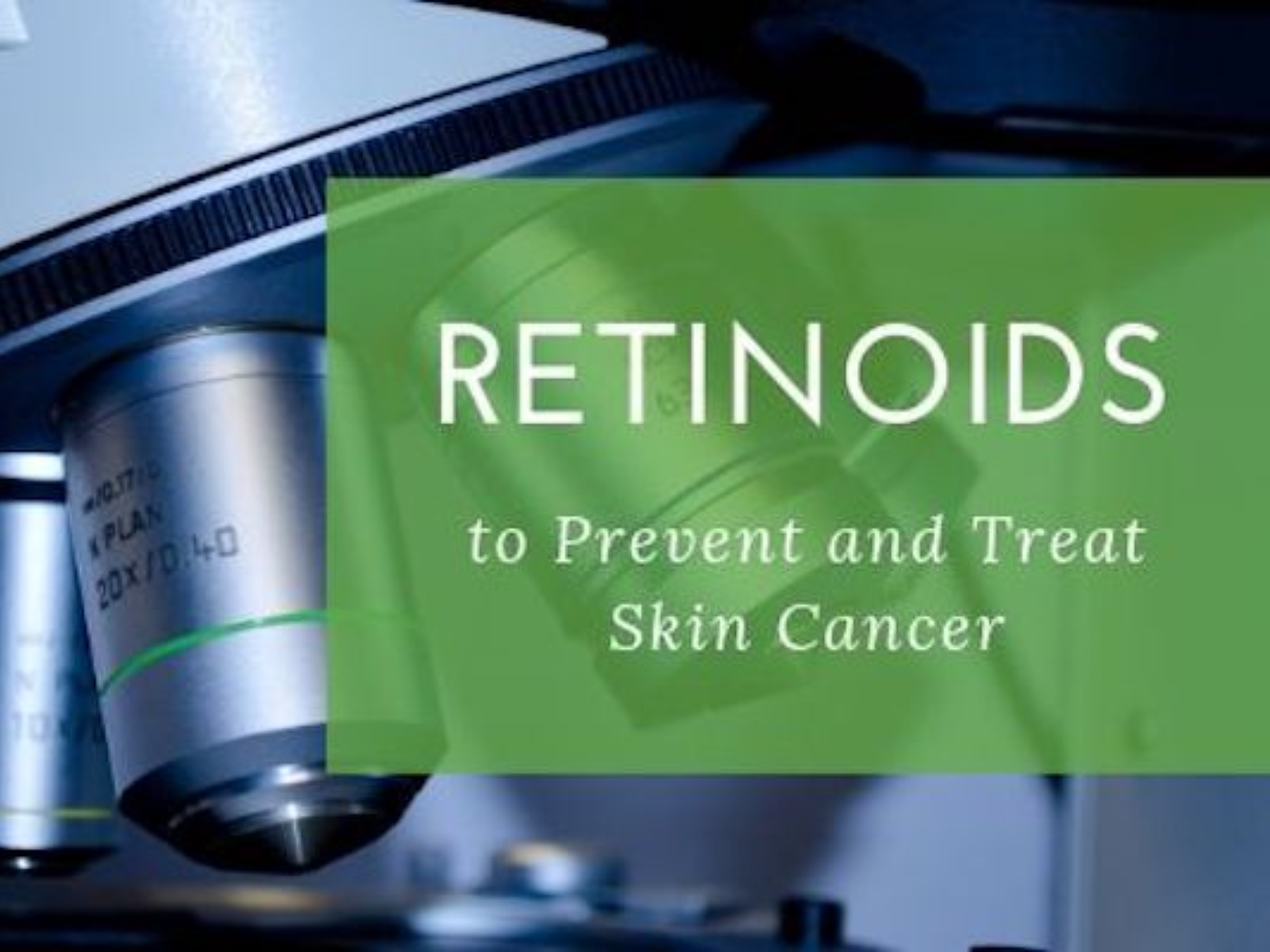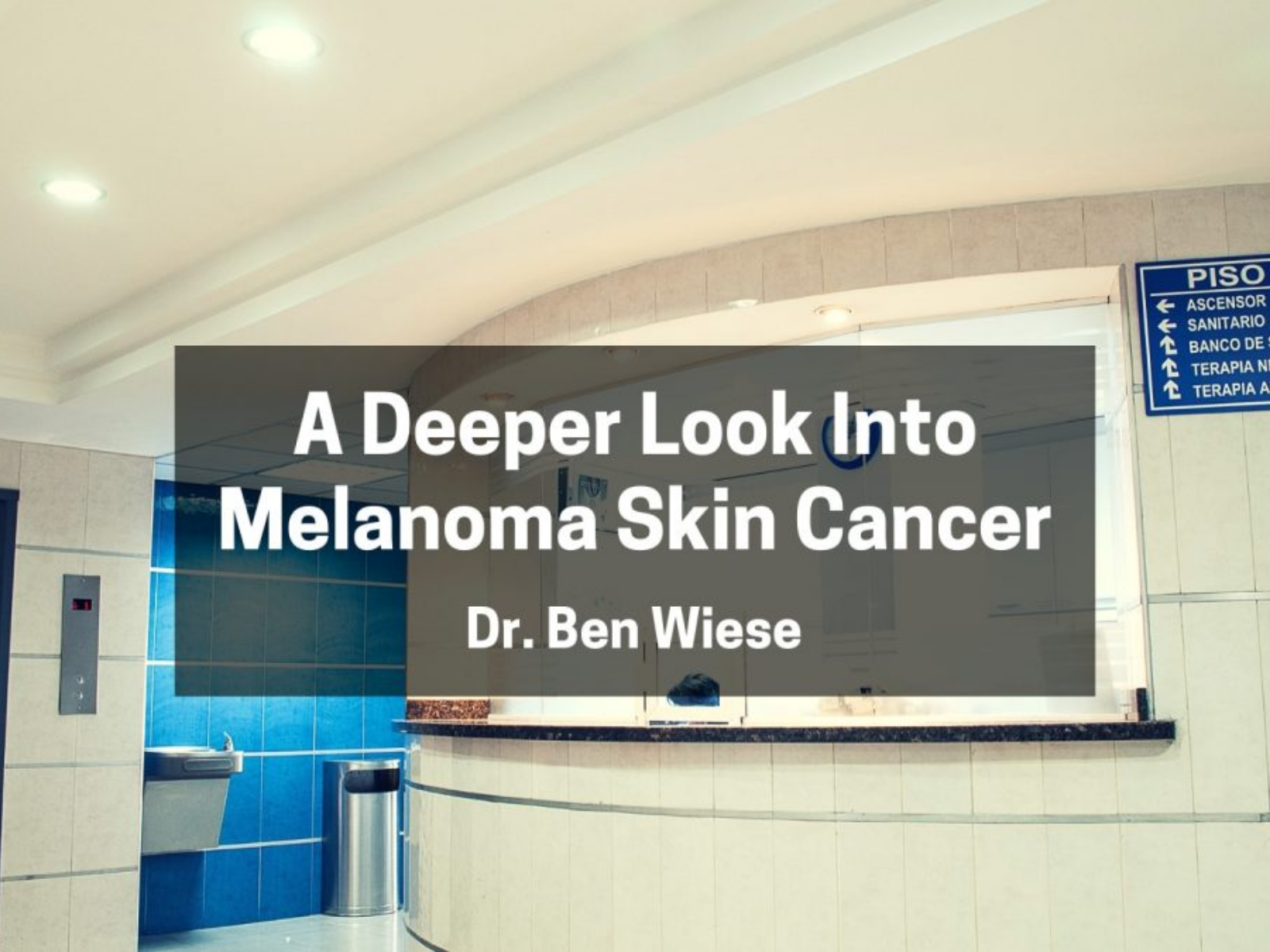Each year, 7,000 people will be diagnosed with skin cancer in British Columbia, but oftentimes are aware that they had an increased risk of developing skin cancer in their lifetime. As a result, it becomes even more important to understand what puts you at an increased risk of developing skin cancer. Dr. Ben Wiese discusses some different factors that increase your risk of developing melanoma skin cancer.
Ultraviolet Radiation on your skin is what sugar does to your teeth
Exposure to ultraviolet radiation is the biggest risk factor for developing skin cancer, and the sun is the main source of UV rays. If you were exposed to the sun for an extended period of time as a child, or experienced repeated exposure over a longer period of time, your risk of developing skin cancer increases. In order to reduce your risk, it is important to protect your skin all the time, not only when you are outside. It is a healthy proactive habit of using sunscreen on a daily basis, almost like flossing and brushing your teeth. Dr Ben’s rule is an easy way to know when the sun is ‘strong’: the sun’s UV rays are strongest when your shadow is shorter than you. So that’s when you’re more likely to burn and cause DNA damage to your cells.. Additionally, tanning beds contain the same UV rays as the sun, so tanning beds should be avoided altogether. Did you know, that if you had only one tanning bed exposure before the age of 30, your risk of developing Melanoma, increases with 75%!
Did you know we continue to develop new moles on our skin in our 30’s and 40’s?
Moles are a natural part of the human body, and for the most part, are harmless. However, individuals with more than 50 moles on their total body, or 7+ moles on the left arm,are at an increased risk for developing melanoma. Additionally, if a person has atypical moles, or moles that don’t resemble a normal mole, they may also be at an increased risk of developing skin cancer. If you notice any changes in shape, size, or color of the mole, it is important to get it looked at.
Are those blue eyes actually green?
If you have fair or light skin, eyes, and hair, you could be at a higher risk of developing skin cancer in your lifetime. Individuals with lighter features contain less melanin, which gives skin its color. Melanin helps protect the skin from the effects of UV rays. Overtime, the damage from exposure to UV rays increases the possibility of developing cancer in the future. Anyone with light skin should take precautions to protect themselves from the sun. This includes wearing sunscreen and protective clothing.
Do you or anybody in your family have a history of skin cancer?
If you or anyone in your direct family have a history of skin cancer, your risk of developing it will increase.
Continue reading at http://kelownaskincancer.com/2018/05/21/what-are-your-risk-factors-for-developing-skin-cancer/
Please login to comment.



